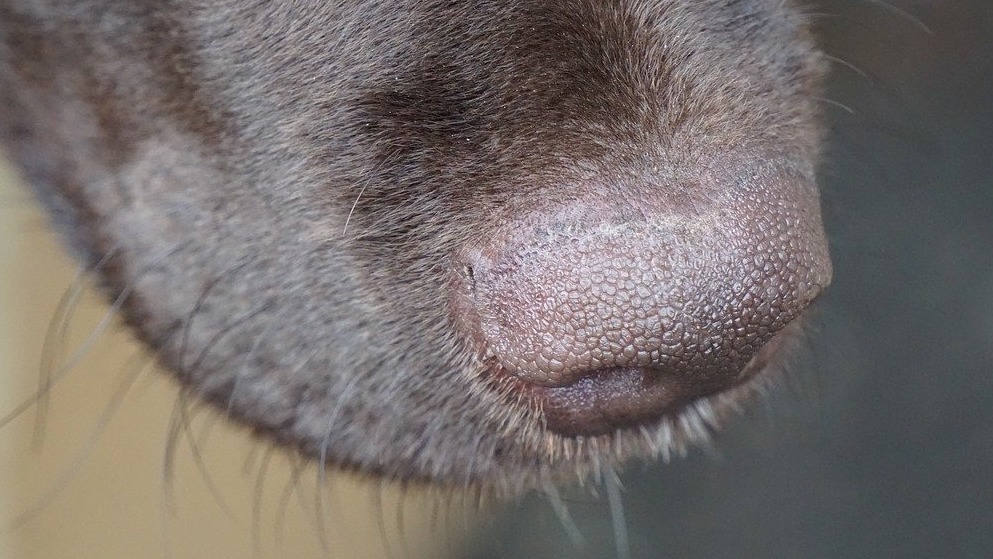Finland has deployed four Covid-19 sniffer dogs at Helsinki airport in a government-funded trial to provide a cheaper and effective alternative method of testing people for the novel virus.
According to Anna Hielm-Bjorkman of the University of Helsinki, a dog can detect the virus’s presence within ten seconds, and the entire process takes less than a minute to complete.
Hielm-Bjorkman is in charge of the experiment. In her view, if successful, it could prove a trustworthy screening method in hospitals, nursery homes, and sporting or cultural events.
Passengers who agree to participate in the trial will not have direct physical contact with the dogs, the researcher noted. They will have to swipe their skin with a wipe which is then put into a jar and passed to the dog.
Dogs indicate they have detected the virus by yelping, pawing, or lying down, the researcher explained. In this case, the passenger is asked to have a PCR test with a nasal swab to verify the health condition.
During the preliminary tests in the university, the dogs, which were previously used to detect cancer and diabetes, were able to identify the virus with almost 100% accuracy, often days before the patient developed symptoms.
Scientists cannot confirm yet what exactly it is that the dogs sniff when they detect the virus. A recent French study showed that there were ”high evidence” that the sweat odor of Covid-19 positive people was different than those who did not contract the virus, and that dogs can feel the difference.
The novel virus is already known to infect mink and cats, but dogs do not appear to be easily contaminated, Hielm-Bjorkman said. There is also no evidence they can transmit it to people or fellow animals.
Finland is the second country worldwide after the United Arab Emirates, and the first in Europe, to assign dogs to sniff out the novel virus. A similar program already started at Dubai International Airport earlier in the summer. Academic researchers from Australia, France, Germany, and the United Kingdom are also working on similar projects.
The pilot program at the Helsinki Airport will take four months and costs EUR 300,000 ( USD 349,000), which is much lower than the laboratory-based testing methods.
Wise Nose, the local organization specialized in training animals in scent detection, is now training 16 dogs in total for the project. Ten of them are set to start working at the airport in shifts.
What do you think? Shall the US also invest in a similar program?
